Casinos in Puerto Rico Will Suffer When ‘Curfew’ Arrives in Capital
Posted on: August 11, 2023, 06:56h.
Last updated on: August 11, 2023, 10:39h.
There’s a consensus among merchants and casinos in Puerto Rico that the U.S. territory has to reduce crime. But they have conflicting opinions about whether San Juan’s new Public Order Code (POC) will tackle the problem of violence that exists in the capital city. Where there’s no conflict is on the effect the measure will have on casino revenue.
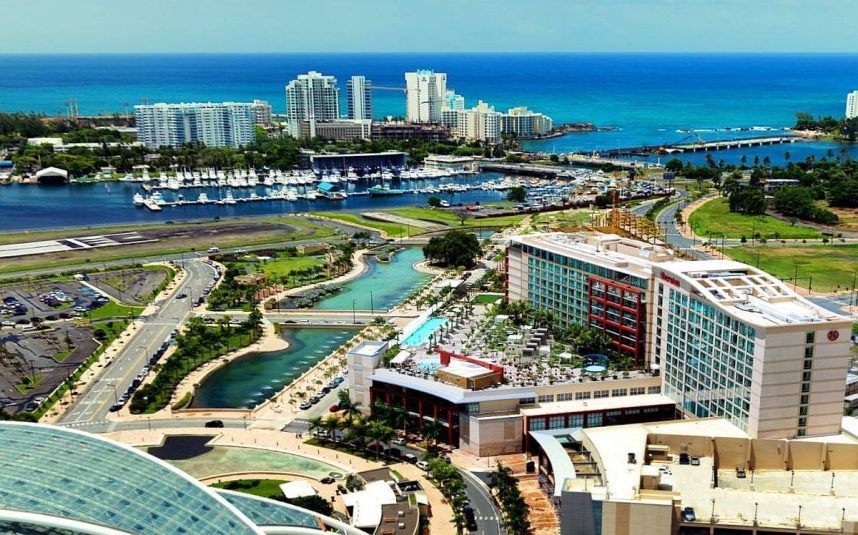
The government of San Juan is implementing a new ordinance that will change the nightlife of the city. It became law this past Tuesday and will come into force in San Juan this November.
The goal of the POC is to make the streets safer for everyone by reducing alcohol consumption after certain hours and limiting movement on the streets at night. However, as the leader of a retailers association pointed out, the municipality itself commissioned a study that concluded that crimes in San Juan occur mostly during the day or before midnight.
The POC implements a ban on the sale of alcoholic beverages from Monday to Friday after 1:00 a.m., while Saturday and Sunday, and federal holidays that fall on a Monday, get an extra hour. In addition, and more importantly for casinos, it cuts off the possibility of movement of any person, including tourists, at dawn.
A Direct Threat to Businesses
This decision directly threatens the city’s casinos and hotels, since a large part of their activities are carried out during these hours. The gambling venues regularly welcome tourists and visitors who stay in other hotels to come play, and the curfew places restrictions on their freedom of movement.
The Sheraton Hotel, for example, houses Casino Metro, one of the most popular casinos in the area. Casino Metro GM Ismael Vega said in a statement that 90% of the casino’s business comes from gamblers staying at other properties. The curfew trumps the casino’s 24/7 operating license.
The same can be found with Casino del Mar at the La Concha Resort. Its manager, Sigfrido de Jesús, pointed out that 80% of the customers are locals and 20% are tourists.
The new municipal ordinance describes a guest of a hotel as an individual registered in the hotel with an assigned room. This is different than Puerto Rico’s official definition, which covers any person who is on the premises of a lodging establishment for fun and to enjoy amenities such as restaurants, swimming pools, bars, and casinos.
This disconnect between the two definitions could lead to confusion and frustration among tourists, both domestic and international. At the very least, it will likely make some of the people visiting San Juan unwilling to step out of their hotel rooms.
A Blow to the Economy
The restriction on alcohol sales extends beyond liquor. In the majority of cases, booze and food sales go hand in hand. A drop in alcohol sales means a drop in food sales, which leads to a decline in employment and a slower economy.
Some organizations, such as the Restaurant Association of Puerto Rico (ASORE, for its Spanish acronym) and the United Retailers Center have voiced concerns. They fear the POC will hurt the economy and affect job creation.
Data from the Bureau of Employment Statistics from last year showed that there were some 11,300 establishments in all types of industries in San Juan. This was a 6% increase over the number from 2020.
Last year, the number of workers in drinking establishments, such as bars and lounges, reached 1,336 throughout Puerto Rico, of which about 381 worked in the capital city. Over the past six years, the number of employees in these establishments in San Juan has grown by approximately 150%. But the new rule could push the figure in the opposite direction.
When San Juan was preparing the POC, it sought feedback from hospitality companies and groups like ASORE. They all voiced the same concern about the economic impact the changes will produce. But the city’s government decided to move forward, anyway.
ASORE had proposed allowing the sale of drinks until later and exempting food businesses that operate 24 hours a day from the ban as long as alcohol was served to accompany food. It’s a measure that some locations in Puerto Rico implemented during the COVID-19 pandemic. But it appears San Juan’s leadership now has a different agenda.
Related News Articles
Puerto Rico’s Casino Del Mar Adds High Roller Gaming Room
Ponce Plaza Casino in Puerto Rico Taps IGT to Provide Sports Betting Tech
Puerto Rico’s Casino Metro Planning Major $6M in Upgrades
Puerto Rico’s First Fully Domestic Sportsbook Opens Today
Most Popular
Mirage Las Vegas Demolition to Start Next Week, Atrium a Goner
Where All the Mirage Relics Will Go
Most Commented
-
Bally’s Facing Five Months of Daily Demolition for Chicago Casino
— June 18, 2024 — 12 Comments -
Chicago Pension Mess Highlights Need for Bally’s Casino
— July 2, 2024 — 5 Comments
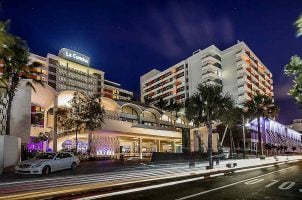
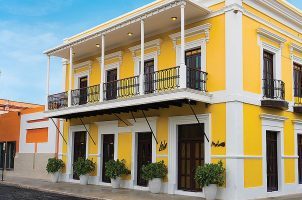
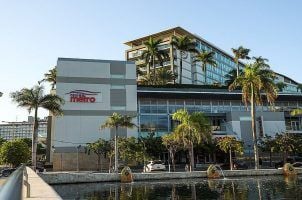
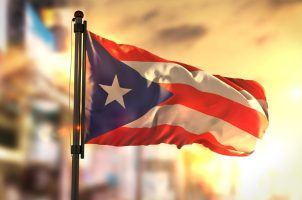












Last Comment ( 1 )
The most disrespectful and rude people out here at the hotel, starting with Alejandra from front desk person. event tho I showed her my RSVP and my ID she was so rude and wouldn’t let me In my room just because I was black it’s CREAZY rsvp was under my gf and my name and asked her to take me to the room and said no thinking I was a threat it’s crazy don’t ever stay here Airbinbi is better anyways it’s sad to be black in PR and at the sheraton hotel.